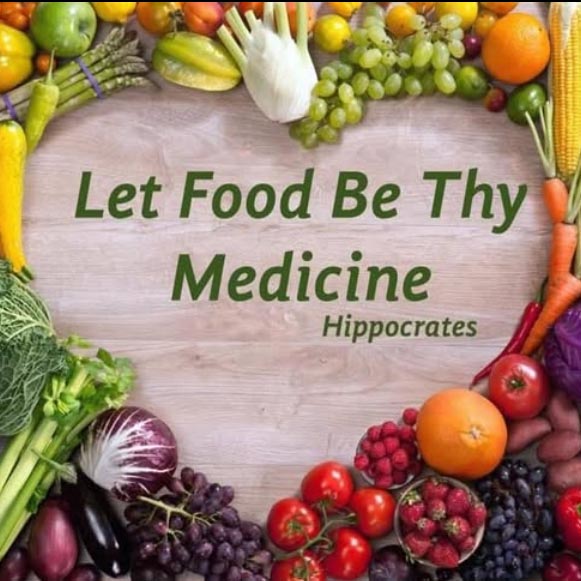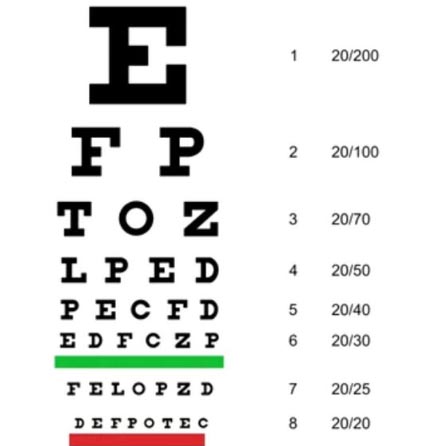
April, Abundance, Happiness
World Health Day, celebrated this month, marks the anniversary of the World Health Organization (WHO), which was founded in 1948. This day serves as a valuable reminder to prioritize health, especially in this season of blooming flowers and sunny, warmer weather.
Many people feel inspired to take better care of themselves, eating nutritious meals, exercising, maintaining daily routines, and managing stress levels. These habits greatly contribute to physical and mental well-being.
Personally, I find that investing time in health and building strong personal relationships makes life richer. Smiling and laughter, which are contagious, also add happiness to our lives. Staying connected to positive and supportive people is an integral part of maintaining well-being, often prompting us to redefine our values to include health more consciously.
April Fool’s Day: Humor with Ancient Roots
April Fool’s Day, another notable event this month, originated from ancient festivals like Hilaria (Latin for “joyful”). Celebrated in ancient Rome at the end of March by followers of the Cybele cult, the festivities involved dressing in disguises and mocking others, including magistrates.
This tradition is said to have drawn inspiration from the Egyptian legend of Isis, Osiris, and Seth. Interestingly, the theme of humor connects this historical observance to the modern acknowledgment of laughter as the best medicine.
The Science of Laughter: Health Benefits Backed by Research
Scientific research has proven that laughter reduces stress and pain, strengthens the immune system, and promotes overall health.
It relaxes muscles, increases blood flow, improves heart rate, boosts pain tolerance, and reduces inflammation in conditions like rheumatoid arthritis and COPD. It even benefits the digestive system, helping to regulate glucose levels after meals.
Diet and Mood: The Mind-Food Connection
Diet plays a significant role in shaping mood and mental health. Studies suggest that dietary changes can enhance quality of life and reduce depression without medication.
One study in the British Journal of Psychiatry found that people who consume whole foods experience fewer symptoms of depression than those who eat mostly processed foods.
Another study in Nutrition Journal indicated that vegetarians tend to have more positive moods than meat eaters. The protective effects of fruits and vegetables, and the harmful impact of animal foods, influence mood substantially.
Plant-Based Nutrition for Brain Health
Plant-based diets are rich in antioxidants and phytochemicals that repair cell damage and reduce brain inflammation, restoring balance to neurotransmitters.
Quercetin, a natural antidepressant found in apples, kale, berries, grapes, onions, and green tea, boosts serotonin, dopamine, and norepinephrine levels in the brain.
Inflammation from Animal Foods: A Hidden Danger
Conversely, animal-based foods containing arachidonic acid can trigger inflammation in the brain, leading to anxiety, stress, and depression.
Limiting such foods improves both physical and mental health. While omega-3s are often recommended, plant-based sources of ALA—such as walnuts, flax seeds, chia seeds, and leafy greens—provide these benefits without the drawbacks of animal products.
Vision and Emotions: A Deeper Connection
Positive emotions and laughter support vision health by increasing blood flow to the face and eyes, stimulating tear production, and lubricating the eyes.
On the other hand, stress activates the sympathetic nervous system, causing vascular spasms and reducing blood flow to the eyes. Relaxation practices help counteract these effects, supporting visual improvement and preventing eye diseases.
I see this all the time in my students as I teach natural vision improvement methods.
Nature’s Medicines: Whole Foods and Laughter
Whole foods and laughter, truly nature’s medicines, contribute greatly to our health and happiness.
By embracing these elements, alongside relaxation and positive social connections, we can enhance our physical, emotional, and even visual well-being.
Let this month inspire us to celebrate life with good health, laughter, and cherished relationships.





